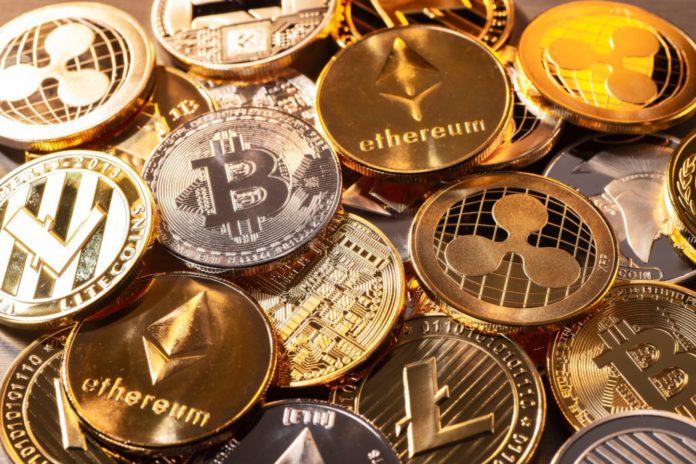The anonymity of cryptocurrency and its decentralization have created a global security problem. Stolen funds cannot be returned in 99% of cases. Therefore, when exchanging cryptocurrencies, you need to adhere to certain rules, which will be discussed in the article.
Top Tips
In order not to have problems you need to follow the basic tips:
1. Perform all operations exclusively with the installed antivirus program, which is regularly updated. Trivial, but working advice that can save you from a heap of troubles.
2. Don’t keep all your money in one place (on one wallet). There are many options for how you can save your cryptocurrency. The most reliable are physical cold storage wallets, from there money should be withdrawn in small portions.
3. Withdraw money in small portions. If you have never dealt with a specific service, put the minimum amount first and wait until it arrives. At the same time, you can check the quality of the resource.
Examine reviews for the resource
They are often written for money, but not everywhere. There is, for example, BestChange, where users constantly contact with a description of the problems that have arisen on a particular exchanger. There, service representatives answer them. By the way, at BestChange you can look at the rating of the project and at what rates, limit; exchange mode:
· automatic;
· semi-automatic;
· manual.
All this allows you to form an opinion and generally see the big picture.
The passwords
Set extremely complex passwords, which will contain letters of different case, special characters, numbers, and in large quantities. This option is extremely problematic to hack using the brute-force method, and it is also too expensive for scammers. By the way, it is very desirable to store the password itself on a different laptop from which you draw the conclusion. Yes, make it different for different resources whenever possible. That is, passwords and logins should not be repeated, unless some service separately requires a match, which is generally extremely rare and in itself suspicious.
The reputation
If you want for example to make ethereum to btc exchange, check from time to time the reputation of the exchanger. If you have “dropped out” from the world of cryptocurrencies for some time, at least for a couple of weeks, then you should first read the news and see if the search engines are writing something about the service you are used to using. At the same time, it makes sense to look at the reviews. If the exchanger stops working, delays money, there are some other problems, they will start writing about this pretty soon. This precaution has already repeatedly saved from the loss of significant amounts.
Monitor the safety of the service
If the resource is often unavailable, errors regularly come out, then there are problems with the software part. Therefore, somewhere there is a “bug” that can be exploited for hacking.
Do not provide the exchanger with information if you do not understand why he needs it. Some services collect a lot of data, for example, a second phone number, physical address of residence, etc. It’s one thing when you can enter all this at your discretion. It’s another matter when the provision of such information becomes mandatory.
Most of the tips for a safe exchange of cryptocurrencies are in fact basic and well known to everyone who deals with tokens. It all comes down to not being lazy to regularly apply them in practice. And, of course, use proven resources.











